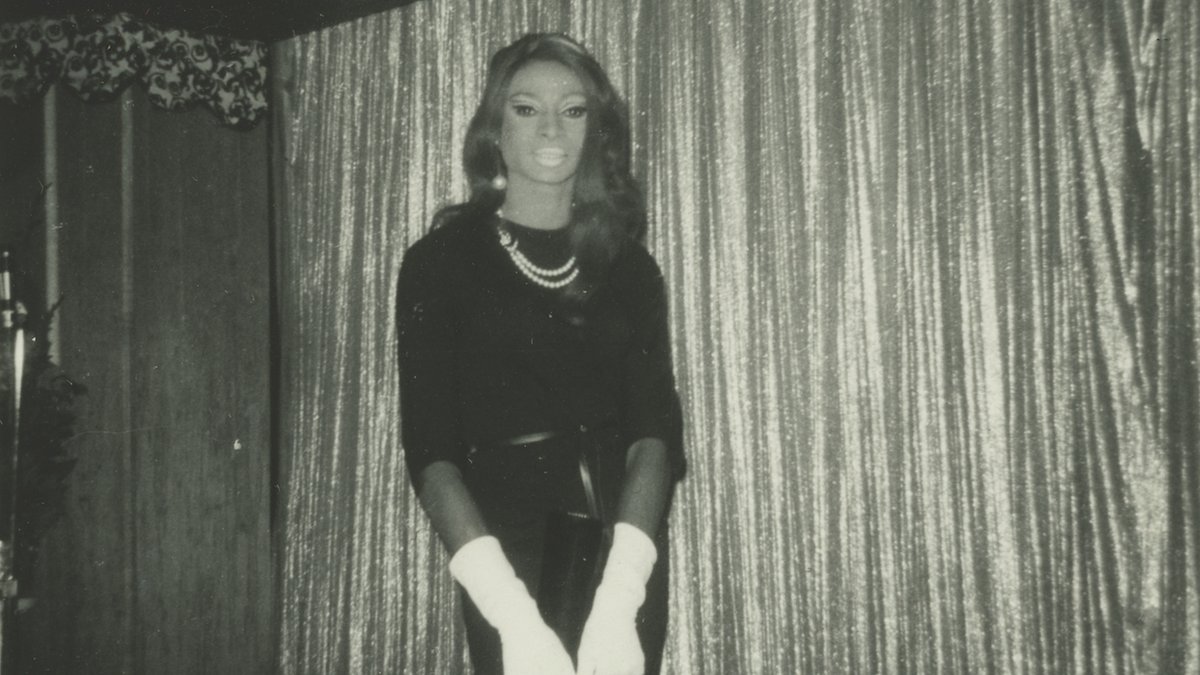It is #IndigenousHistoryMonth and this is the story of Mistahi-maskwa, also known as Big Bear.
Big Bear was born around 1825 near Jackfish Lake in present-day Saskatchewan. His father was a minor chief of 80 Cree-Saulteaux people & a large influence of Big Bear.
🧵1/5
Big Bear was born around 1825 near Jackfish Lake in present-day Saskatchewan. His father was a minor chief of 80 Cree-Saulteaux people & a large influence of Big Bear.
🧵1/5

As a young man, Big Bear was a great warrior & he became chief upon his father's death in 1864.
In 1870, he led the Cree into battle at the Battle of Belly River, in present-day Lethbridge, which is the last battle fought between First Nations in Canada.
🧵2/5
In 1870, he led the Cree into battle at the Battle of Belly River, in present-day Lethbridge, which is the last battle fought between First Nations in Canada.
🧵2/5

In 1876, all the major Plains Cree chiefs had signed Treaty 6 except Big Bear. He attempted to warn them against signing, believing the government would not fulfill its promises.
He was left with no choice but to sign in 1882 due to the starvation of his people.
🧵3/5
He was left with no choice but to sign in 1882 due to the starvation of his people.
🧵3/5

During the North-West Resistance, Big Bear had a relatively minor role, and attempted to stop the violence at Duck Lake on March 26, 1885. Nonetheless, he was held responsible by the government.
On July 2, 1885, he surrendered to the NWMP at Fort Carleton.
🧵4/5
On July 2, 1885, he surrendered to the NWMP at Fort Carleton.
🧵4/5

Big Bear was sentenced to three years in Stony Mountain Penitentiary. He was released after less than two years due to ill health.
He died on Jan. 17, 1888 at Little Pine Reserve.
While Poundmaker was exonerated of treason in 2019, Big Bear, so far, has not been.
🧵5/5
He died on Jan. 17, 1888 at Little Pine Reserve.
While Poundmaker was exonerated of treason in 2019, Big Bear, so far, has not been.
🧵5/5

• • •
Missing some Tweet in this thread? You can try to
force a refresh

 Read on Twitter
Read on Twitter





















